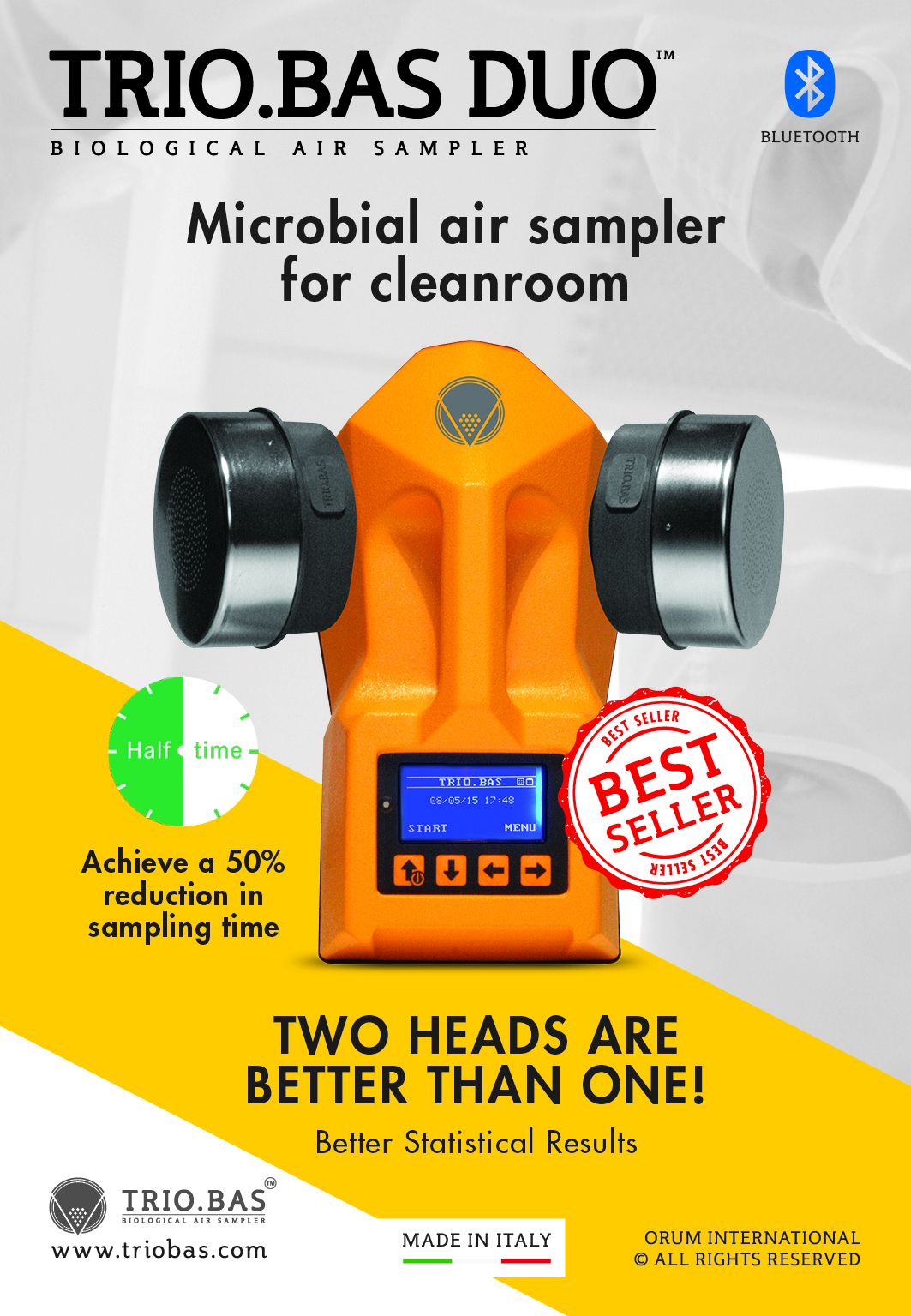A life time of viruses just from a drop of blood
Last summer, infectious disease specialist Gregory Poland saw a patient at the Mayo Clinic in Rochester, Minnesota, who had a fever, a rash, kidney failure, and—despite seeing several doctors—no diagnosis. Only after talking with the patient for hours and digging into her medical and travel history could Poland generate a potential diagnosis. To test his theory, he had to send a serum sample to researchers at the US Centers for Disease Control and Prevention in Atlanta, who confirmed that his patient had chikungunya.
Situations like this, explained Poland, are not uncommon. “I can’t tell you how many times we don’t know what’s going on,” he said. When tests for all of the usual suspects come back negative, it’s difficult to know what to try next. On top of that, he added, some disease-causing agents are rare. “There are viruses that I know the name of, but I’ve never seen the disease.”
Thanks to a method described today (June 4) in Science, it may be soon be possible to test patients for previous exposures to all human-tropic viruses at once. Virologist Stephen Elledge of Harvard Medical School and the Brigham and Women’s Hospital in Boston and his colleagues have built such a test, called “VirScan,” from a bacteriophage-based display system they developed in 2011. The scientists programmed each phage to expresses a unique viral peptide, collectively producing about 100 peptides from each of the 206 known human-tropic viral species.

















